
Users flock to decentralized social media platforms in the wake of Trump ban
The fallout from Donald Trump's ban from Twitter and suspension from Facebook, and Amazon's de-platforming of Parler continues as large numbers of users have been signing up to alternative social networks.
Many of these like Gab and Mastodon are decentralized in that they run on their own servers rather than relying on the public cloud so they are not at the mercy of larger businesses.

Facebook is banning all mentions of 'stop the steal'
In the run-up to Inauguration Day, and in the wake of violent events at the Capitol last week, tensions are running high in the US. With numerous social media platforms having banned outgoing president Trump from using their services, Facebook has now announced that it is banning a phrase that has become strongly associated with right-wing conspiracy theories about election fraud.
Having already removed a group called Stop the Steal a couple of months ago, Facebook is now going to be removing all content that uses these words. The phrase "stop the steal" is effectively banned on both Facebook and Instagram, and the company says that it will be working around the clock to enforce its policies until after president-elect Joe Biden is inaugurated.
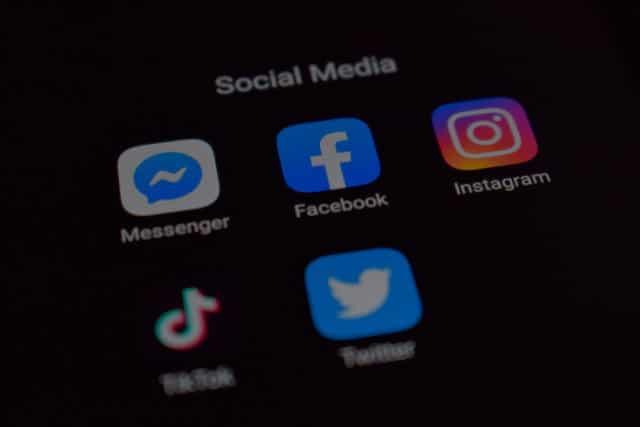
Facebook explains why millions of users are losing access to key features
If you've logged into Facebook, launched Instagram, or fired up Facebook Messenger recently, you may well have seen a message reading, "some features not available". So, what's going on?
Various restrictions have come into force because of new privacy laws that Facebook must comply with. It means that some "advanced options", such as creating polls, are no longer available to millions of users. Facebook has revealed just what is happening.
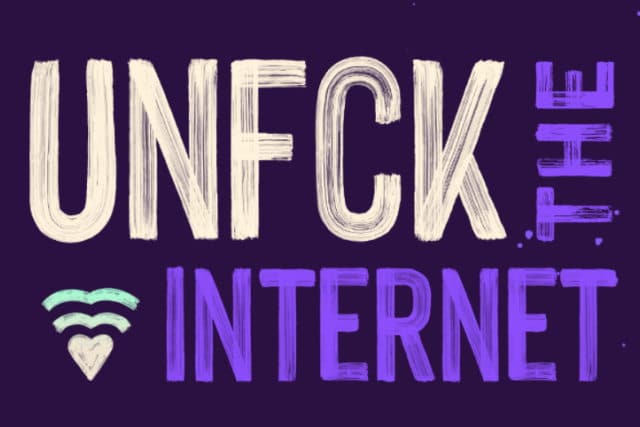
Mozilla: The internet is fcked, but together we can unfck it
Ahead of the 2020 United States presidential election, Mozilla is calling Twitter and Facebook to "unfck the internet".
The Firefox-maker is seeking "an honest internet for the US elections". It's something of an ad campaign for its own web browser, but it touches on legitimate worries many people have about the use and abuse of social media. Specifically, there are concerns about how social media platforms are used to spread misinformation.

Oculus Quest 2 delivers the next generation of all-in-one VR
If you’ve wanted to embrace VR but have yet to be convinced by the headsets on offer -- or just as importantly the price of the headsets on offer -- then the Facebook-owned Oculus hopes you’ll give its next generation Oculus Quest a look. And you really should.
There’s a lot to like about the new Oculus Quest 2, which takes what was good about the original and improves on it significantly, while giving it a much more affordable starting price -- just $299. That’s $100 cheaper than its predecessor.
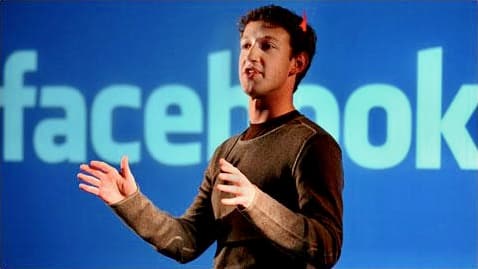
Mark Zuckerberg's pact with the Devil
This is a column about Mark Zuckerberg and Facebook, but it starts with an old story about Intel and Monsanto from my book Accidental Empires. Stick with me here and you’ll soon understand why…
There was a time in the early 1980s when Intel suffered terrible quality problems. It was building microprocessors and other parts by the millions and by the millions these parts tested bad. The problem was caused by dust, the major enemy of computer chip makers.
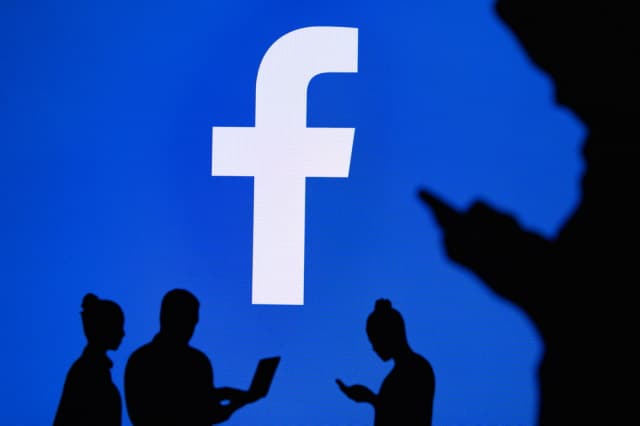
Facebook admits to yet another shocking example of leaking user data
Facebook has sneakily used a blog post purportedly about "protecting people's data" to reveal that it has failed to do precisely that. In a post in its almost ironically titled Privacy Matters series, Facebook admits that it shared private user data with thousands of app developers when it should not have. Two years ago, Facebook implemented a privacy policy that stopped apps that had not been used for 90 days from sharing data with developers, but it turns out that data was in fact still shared.
The social media giant shamelessly tries to save face in saying that while the way in which this user data was shared ran counter to its own privacy policy, the "issues" didn't result in the sharing of personal information which people had not previously given permission to be shared. This is either deliberately missing the point, or treating users with a callous off-handedness, sharing little in the way of meaningful information about the incident.

Microsoft flushes more money down the toilet by killing Mixer
Microsoft has a lot of successes, but also, the company has countless failures. With that said, failing in a business venture isn't entirely a bad thing -- it means you at least tried something. A company like Microsoft needs to take risks, but damn, sometimes it just feels like the company flushes cash down the toilet.
Case in point, back in 2016, Microsoft bought a game-streaming service (a Twitch clone) called "Beam." In 2017, the Windows-maker renamed that service to what it is known as today -- "Mixer." The company even paid millions of dollars to popular video game players to get them to stream elusively on the service. Hell, it was less than a year ago that Microsoft signed popular player "Ninja" for more than $20 million! And now, in 2020, Microsoft has killed Mixer, essentially burning many millions of dollars. Yup, the company announces that it will shutter Mixer on July 22 and then move all of its users to the Facebook Gaming platform.
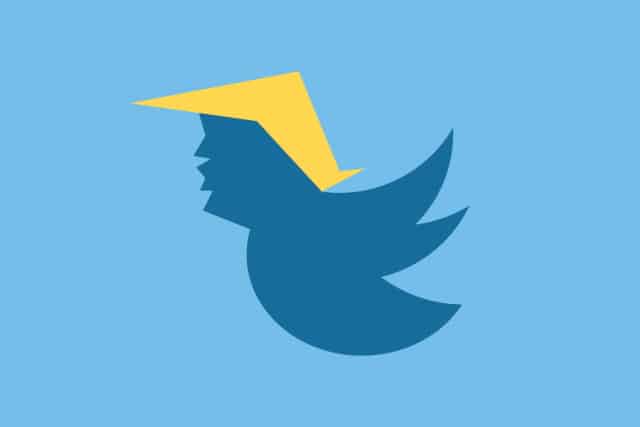
Facebook removes Nazi Trump ads while Twitter flags up 'racist baby' tweet
The Trump administration has been dealt a double blow on social media after Twitter flagged a tweet from the president as "manipulated media" and Facebook remove election ads that featured a Nazi symbol and called for Antifa to be declared a terrorist organization.
On Twitter, Trump retweeted a video labelled as depicting a "racist baby" and made to look like a CNN news clip. In the case of Facebook, an ad that violated the company's policies against organized hate was taken down.
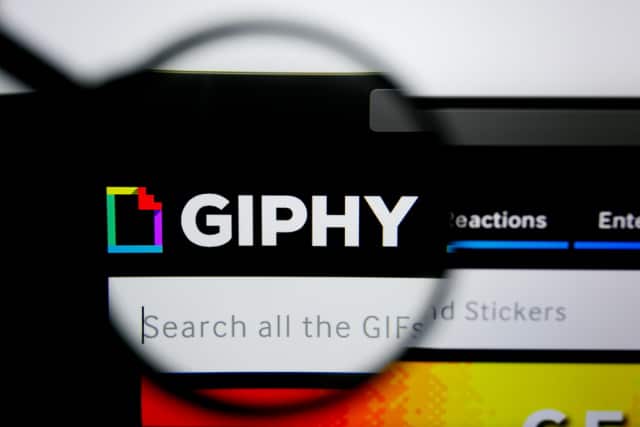
Facebook buys GIF service GIPHY and will integrate it with Instagram
Facebook has acquired GIPHY, the GIF-making and sharing service. Although full details have not been officially revealed, the deal is estimated to have cost the social networking giant in the region of $400 million.
The main plan for Facebook is to integrate GIPHY into Instagram, but there will also be further integration into other Facebook services such as WhatsApp and Messenger.

Traumatizing content and towering heights: America's three worst tech jobs
What is the worst job in the tech industry? Even in the United States, where Occupational Health and Safety (OSHA) rules are intended to protect workers from dangerous or inhumane working conditions, there are a few tech jobs in which the cons of the position appear to significantly outweigh the pros.
Here are three of the very worst jobs in technology.
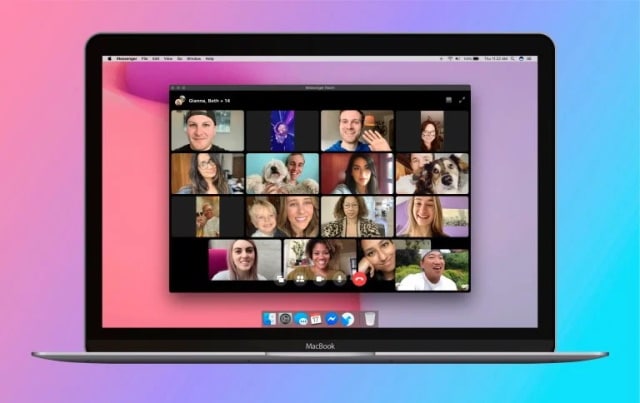
Facebook launches Messenger Rooms as an alternative to Zoom
While Zoom has been taking numerous steps to address various security and privacy concerns that have arisen in recent weeks, there are still plenty of people seeking alternatives to the video conferencing platform. Now Facebook is trying to make its Messenger tool a viable option.
With Facebook Messenger Rooms, the social media giant is giving people the option of conducting video chats with up to 50 people at a time. Unlike the free version of Zoom, there is no time limit on chats in Messenger Rooms, and as an added bonus there is no need to have a Facebook account to use it.
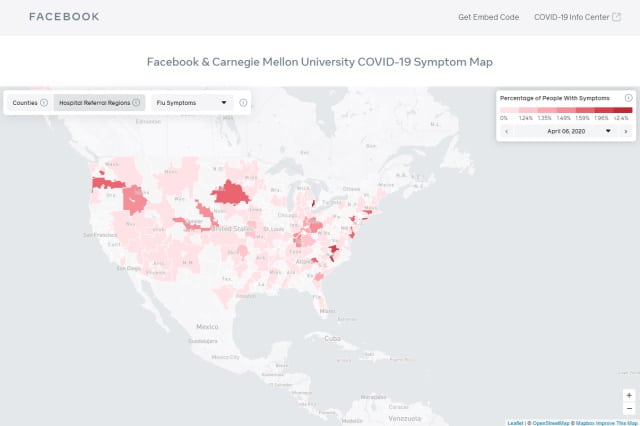
Facebook and Carnegie Mellon University launch COVID-19 symptom map
Facebook, in partnership with Carnegie Mellon University, has launched a new interactive map to help people keep up to date with the spread of coronavirus across the US.
For now, the map is based on surveys carried out around the country and it enables you to see how many people are experiencing symptoms associated with the disease. The map only covers the US at the moment, but there are plans to expand it to cover other countries soon.
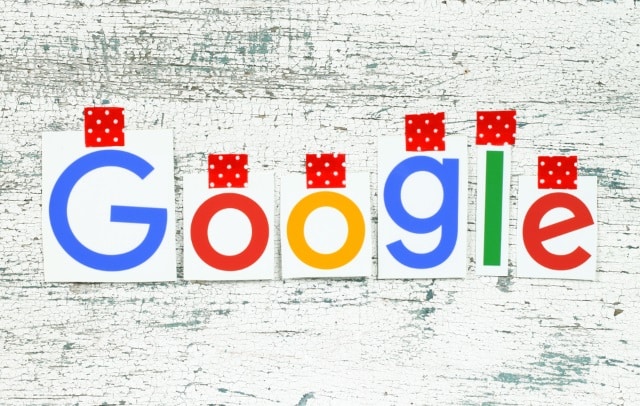
Australia to force Google and Facebook to pay for news content
Facebook and Google both make huge amounts of money through advertising, and the Australian government feels this money should be shared with the smaller players the companies benefit from.
Specifically, digital platforms such as Google and Facebook will be required to pay news outlets for the content they produce. The Australian Competition and Consumer Commission (ACCC) told the government that initial plans for a voluntary code of conduct were unlikely to work, hence the move to a mandatory code. The move by the Australian government could well lead to similar moves in other countries.
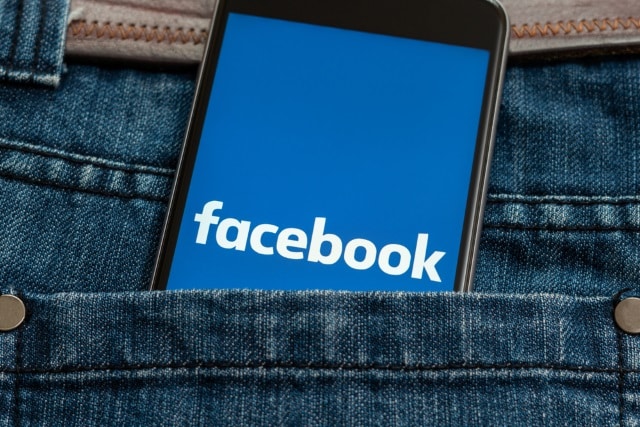
Facebook Gaming app launches today
Facebook is now a multi-faceted beast, and the latest weapon in the social network's growing arsenal is a dedicated gaming app.
The company is launching Facebook Gaming today, providing users with an app to livestream game content. Reports says that the app will also include "casual games and access to gaming communities". Competing with Amazon's Twitch, Google's YouTube and Microsoft's Mixer, the app lands on Android today, and is also due on iOS pending approval from Apple.
